Smart Speaker Wars: Amazon, Google, Essential, Apple Comparison
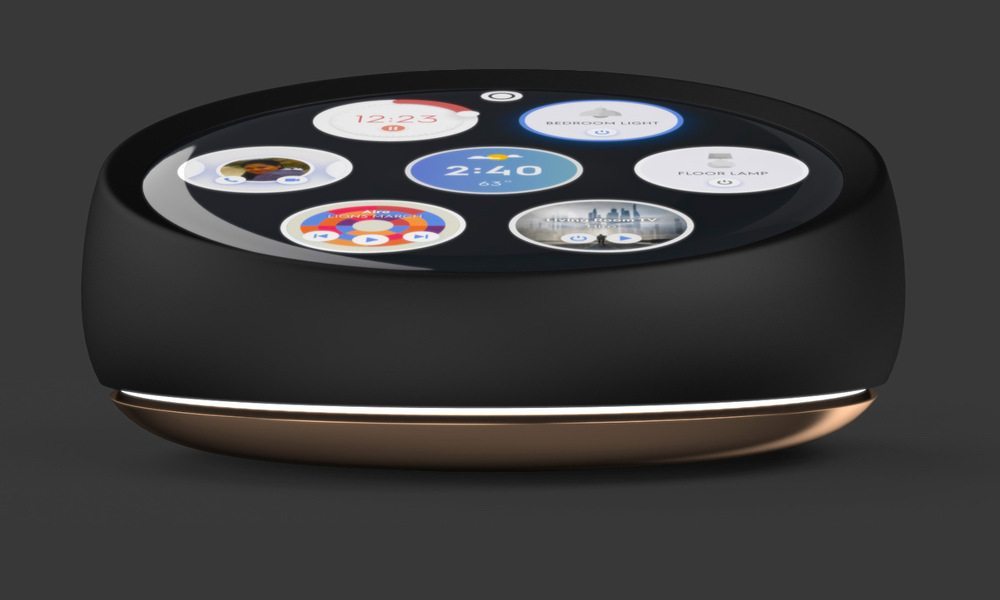 Credit: Essential
Credit: EssentialToggle Dark Mode
Among all the trends and innovations in tech made this year, the rise of the smart home speaker is likely to be one of 2017’s biggest developments. With tech giants like Apple and new underdogs like Essential going after turf largely held by Amazon and Google, it’s certainly going to be exciting to see how the battle plays out.
But to understand the smart speaker war this year, it’s a good idea to take a look at the companies and products that will be waging it. Here are four of the biggest competitors that are likely to duke it out in the smart home sphere.
Amazon Echo
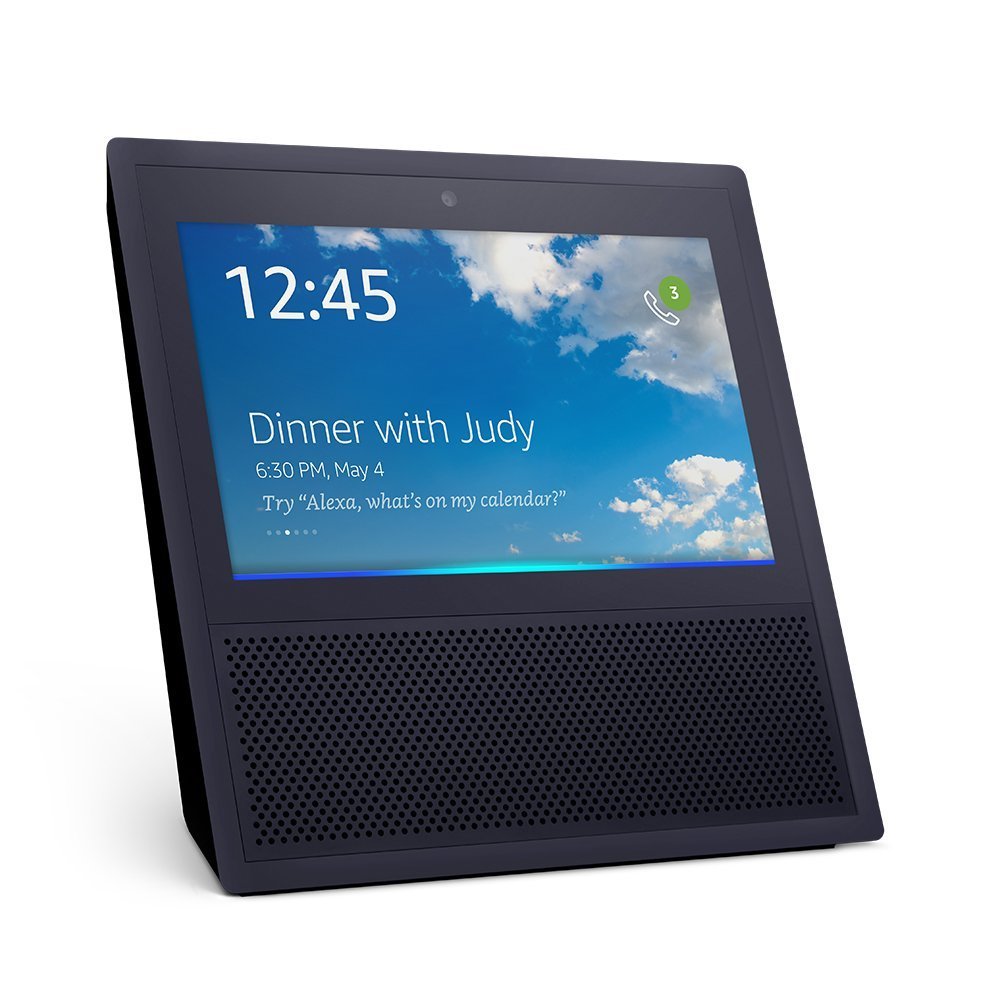
When it comes to smart home speakers, it was largely Amazon who defined the category when it launched the first Echo in 2014. Since then, the Echo platform and its built-in Alexa digital assistant has seen a wide variety of upgrades — including the recent addition of video and voice calling launched alongside the new, touchscreen-equipped Echo Show.
The Echo lineup has a wide range of capabilities, many of which it shares with Google Home — like playing music, asking questions and controlling IoT and home devices. But the Echo can currently do a lot more than Google Home, because of its massive and ever-growing list of third-party “Skills” that can add additional features ranging from calling a ride-share to ordering food. If sound quality is a deciding factor for you, the flagship Amazon Echo does deliver slightly better audio.
When it comes to price accessibility, the Echo is the clear winner. While the original Echo speaker is $179.99, the Echo Dot is only $50 — significantly cheaper than current competing devices.
Google Home
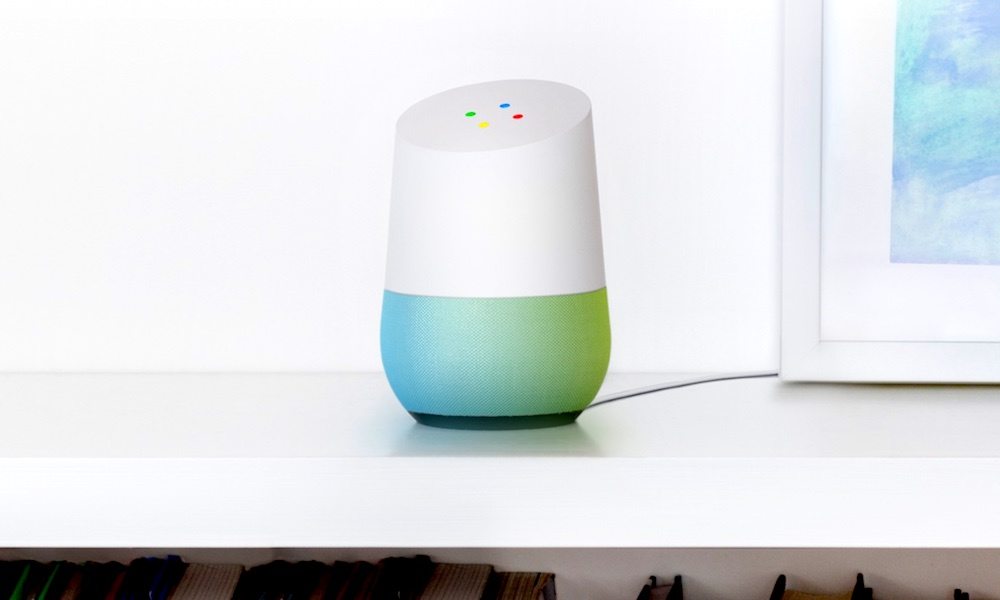
Not to be outdone by Amazon, Google unveiled its Home smart speaker in November 2016. The Google Home is a powerful and capable smart speaker, with a similar range of abilities, like setting reminders, controlling smart home devices and asking about the weather. But the Home, being a newer device, does have some catching-up to do.
Despite that, the Google Home does have some key advantages. For one, it’s powered by Google’s powerhouse Assistant — which is generally considered to be more powerful than its competitors. Additionally, search results are more in-depth, as they are fed from Google’s standard-setting search engine. It also supports multiple Google accounts, and is smart enough to differentiate between users’ voices. As for video calling, the Home isn’t there yet, but Google did just recently announce a hands-free calling ability.
As far as pricing goes, the Google Home is slightly cheaper than the flagship Amazon Echo at — but still more expensive than Amazon’s cheapest speaker.
Essential Home
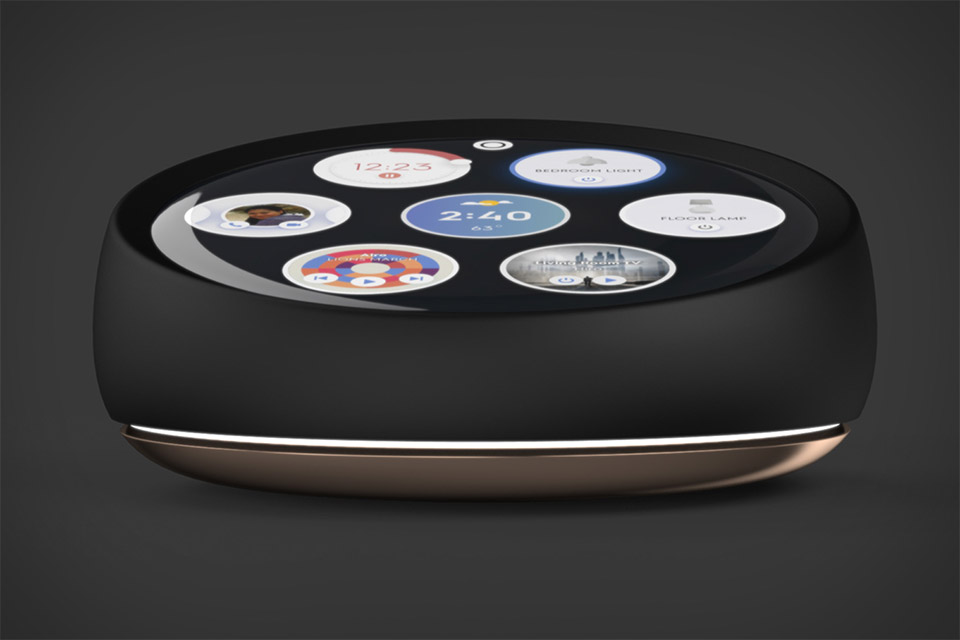
While the Essential Home hasn’t been released yet, its creator, Andy Rubin, certainly made a splash when he unveiled his disruptive take on the smart home speaker alongside the Essential Phone. Like Amazon’s and Google’s devices, the Essential speaker will be able to answer questions, play music and control smart home devices — but it should bring some new features to the table.
The Essential Home will have a touchscreen — and apparently, you’ll be able to interact with the device just by looking at it. The Essential will run on a new proprietary OS called Ambient which will handle most operations locally, without relying on the cloud. The Essential Home will also understand context, devices and people to help users seamlessly control various aspects of their smart home ecosystem. What makes the Essential speaker stand out is that it isn’t necessarily meant to replace an Echo or Google Home — rather, it’ll integrate with them. According to Rubin, Ambient will leverage the APIs of existing digital assistants to help users better choreograph different systems.
One of its likely standout features might be baked-in “proactive notifications.” For example, the Essential Home might alert you if your commute time changes so you can leave earlier. Among the things we don’t know about the speaker are its retail price or release date, and its success could hinge on the former criteria.
Apple’s Siri Speaker
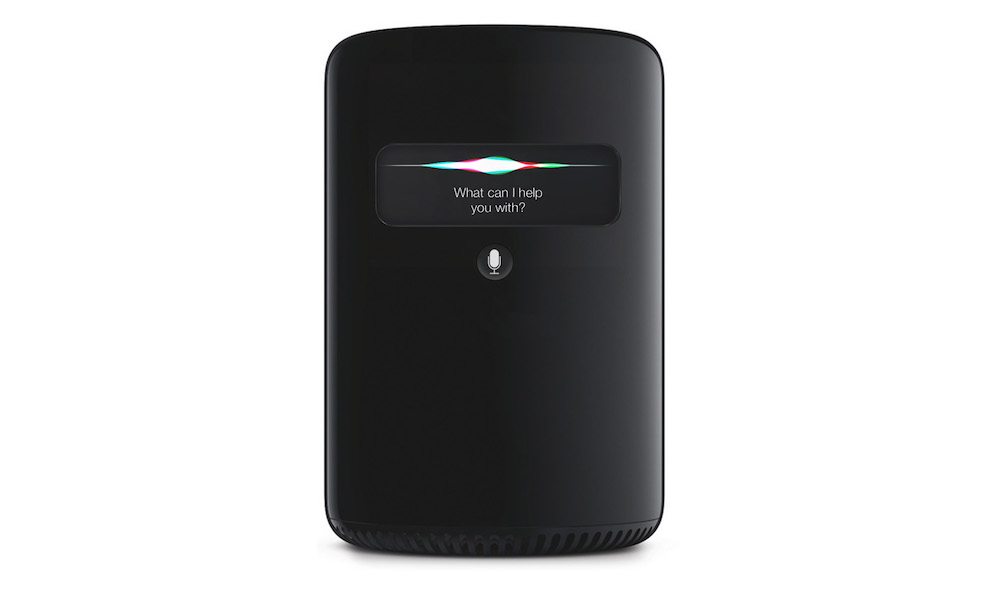
Apple is perhaps the biggest wildcard in the smart speaker battle — at least at this point — because we don’t know much about its rumored Siri-powered speaker. The Siri speaker is expected to boast premium quality and specifications, including a powerful processor and much higher-quality audio than competing speakers.
It’ll reportedly handle all of the usual questions and smart-home controls as other speakers, and will likely feature deep integration with Apple Music and other Apple services. Siri also has the clear language advantage over other digital assistants, as it currently speaks over 20 different tongues. Despite that, Siri does lag behind other assistants as far as handling complicated queries — though that certainly might change in the near future.
While we don’t know anything about its pricing, renowned Apple analyst Ming-Chi Kuo suggests that its price could be much higher than its competitors — but its premium specs could justify the premium cost. As far as release date, the Siri speaker is rumored to be on the list of devices slated for unveiling at WWDC ’17, though the speaker won’t ship until later in the year.






